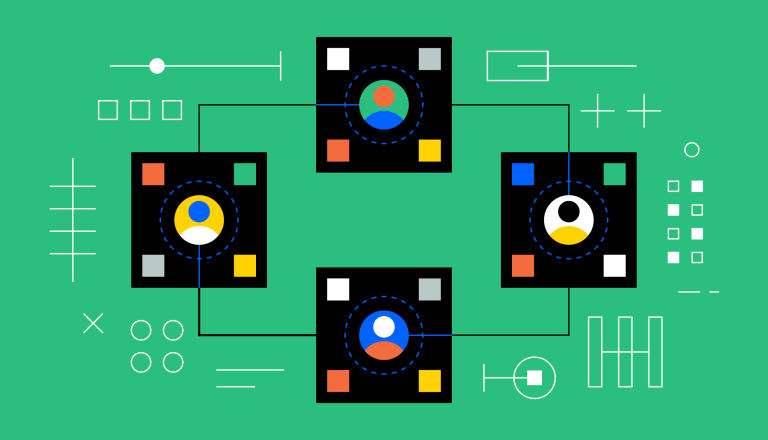All you need to know about virtual real estate and how to buy land in the metaverse

Virtual real estate refers to digital properties in the metaverse, which can be acquired, held, and developed.
Participation in virtual real estate involves acquiring these digital properties using cryptocurrencies and holding them as NFTs on the blockchain.
The value of virtual real estate is determined by factors like location, user traffic, and proximity to other key properties.
What is Virtual Real Estate?
Virtual real estate refers to digital properties that exist in the metaverse. These properties can include virtual land, buildings, and items. Just like physical real estate, these digital properties can be acquired, held, and developed.
The metaverse is built up of digital property or land that exists as coordinates (or parcels) representing a digital version of real estate. Users can acquire these assets using cryptocurrencies across metaverse platforms and hold them as Non Fungible Tokens (NFTs) on the blockchain.
How Does Virtual Real Estate Work?
Virtual real estate functions in some ways like real-world physical estate. It may appreciate over time, indicating a potential for value growth.
The value of this virtual land is determined based on factors like location, the area's user traffic, and proximity to other key properties. For instance, a virtual property bordering a popular NFT community or a plot held by a well-known brand could potentially be worth more due to its desirable location.
Participation in Virtual Real Estate
Participation in virtual real estate involves acquiring and holding properties like virtual land, virtual buildings, or other virtual items through secondary marketplaces using cryptocurrencies. These digital properties can be utilized by renting them out, selling them, or building virtual businesses.
However, this participation can be risky due to its speculative nature, dependency on platform popularity, and uncertainty around metaverse evolution.
The Benefits and Risks of Virtual Real Estate
Owning digital properties can be rewarding for individuals, offering a way to earn money from these assets. These properties are not only easy to access but also foster a sense of community in virtual spaces and provide a foundation for creating experiences.
However, the advantages of owning virtual real estate extend beyond financial gains. For brands, it represents an opportunity to engage in more dynamic and interactive digital activities than they currently do. For individuals, it means the potential to earn through activities like playing games or selling products.
However, it's important to remember that investing in digital properties comes with risks. The value of these investments can be volatile, dependent on the popularity of the platform, and uncertain due to the evolving nature of the metaverse.
The Future of Virtual Real Estate
The future of virtual real estate aims to grow and develop. An entire industry of virtual world developers has already emerged, and the adoption of the metaverse by artists, brands, and gamers indicates its current and potential utility.
However, the technology is still in its early stages, and there is plenty of room for improvement, from the interface to the technically complicated process of acquiring property.
Despite these challenges, the interest in web3 participation, including virtual real estate, is noticeable.


